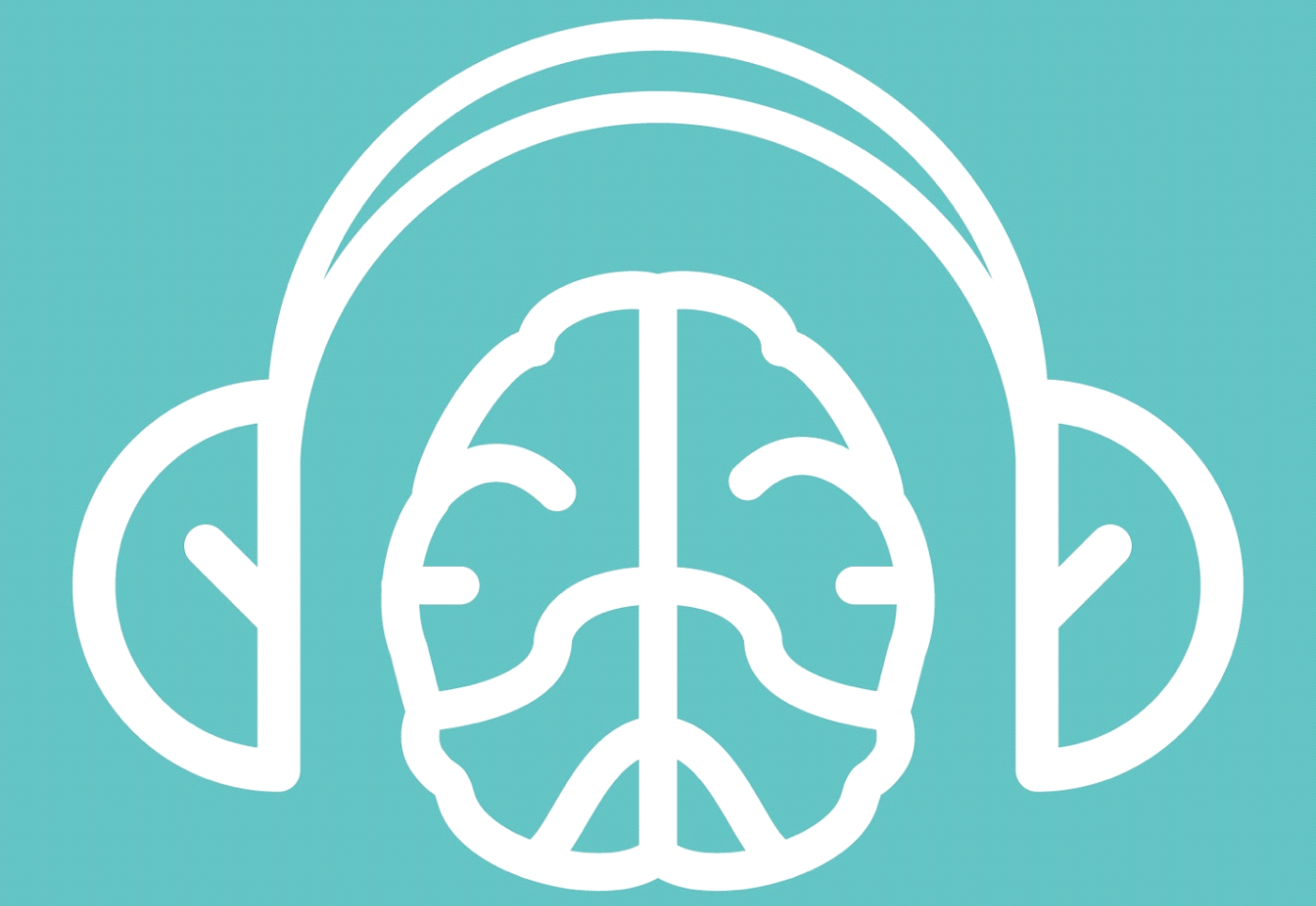Welcome to PsychEd, the psychiatry podcast for medical learners, by medical learners.
In this episode, we discuss the practice of involuntary hospitalization (also referred to as involuntary commitment or certification) with two special guests and fellow podcast creators — Jesse Mangan and Dr. Jim McQuaid. Their podcast, Committable, focuses on the topic of involuntary commitment and features stories from people with lived experience as a window into complex conversations with attorneys, physicians, psychologists, and more. Jesse Mangan is the producer of Committable and someone who has experienced involuntary hospitalization. Dr. Jim McQuaid is an Associate Professor of Sociology at Framingham University.
The learning objectives for this episode are as follows:
By the end of this episode, the listener will be able to…
Appreciate the individual and societal functions of involuntary hospitalization
Understand the potential benefits and risks associated with involuntary hospitalization from the perspective of health care professionals as well as service users and the community at large
Describe actions you can take as a practitioner (who has the power to certify) that may better serve your community and those you care for
Identify meaningful ways to continue the conversation about these issues in medical education or training and beyond
*This episode was recorded in 2021. Through a saga involving lost and recovered audio files, we’re thrilled to finally be able to release it, and believe that the topic is just as timely and relevant as ever!
Guests: Jesse Mangan and Dr. Jim McQuaid
Hosts: Anita Corsini, Nikhita Singhal, Gray Meckling, and Alex Raben
Audio editing by: Nikhita Singhal
Show notes by: Nikhita Singhal
Interview content:
Introduction - 00:34
Committable podcast trailer - 01:52
Guest introductions - 04:26
Learning objectives - 07:22
Defining terms and setting the context - 08:11
Jesse’s experience - 12:03
Exploring the functions of involuntary hospitalization - 23:06
Power differentials and the importance of humility - 41:05
Training considerations - 45:18
False divide between patients and providers - 51:39
Primary prevention and public health - 55:57
Professional identity formation - 57:57
Societal functions and processes - 01:05:00
Building trust - 01:11:57
Legal safeguards - 01:20:20
Alternative approaches/systems - 01:30:11
Rosenhan experiment - 01:37:12
Final thoughts - 01:39:21
End credits - 1:43:50
Resources:
Committable podcast website: https://sensiblenonsense.squarespace.com
PsychEd Episode 18: Assessing Suicide Risk with Dr. Juveria Zaheer
References:
Jaeger S, Hüther F, Steinert T. Refusing medication therapy in involuntary inpatient treatment—a multiperspective qualitative study. Front Psychiatry. 2019 May 9;10:295. https://doi.org/10.3389%2Ffpsyt.2019.00295
Johansson IM, Lundman B. Patients' experience of involuntary psychiatric care: good opportunities and great losses. J Psychiatr Ment Health Nurs. 2002 Dec;9(6):639-47. https://doi.org/10.1046/j.1365-2850.2002.00547.x
McGuinness D, Murphy K, Bainbridge E, Brosnan L, Keys M, Felzmann H, Hallahan B, McDonald C, Higgins A. Individuals' experiences of involuntary admissions and preserving control: qualitative study. BJPsych Open. 2018 Nov 16;4(6):501-509. https://doi.org/10.1192%2Fbjo.2018.59
Ontario Hospital Association. A Practical Guide to Mental Health and the Law, Fourth Edition. Toronto: Ontario Hospital Association; 2023. Available from: https://www.oha.com/Legislative%20and%20Legal%20Issues%20Documents1/A%20Practical%20Guide%20to%20Mental%20Health%20and%20the%20Law%2c%20Fourth%20Edition%2c%202023.pdf
Paksarian D, Mojtabai R, Kotov R, Cullen B, Nugent KL, Bromet EJ. Perceived trauma during hospitalization and treatment participation among individuals with psychotic disorders. Psychiatr Serv. 2014 Feb 1;65(2):266-9. https://doi.org/10.1176%2Fappi.ps.201200556
Rosenhan DL. On being sane in insane places. Science. 1973 Jan 19;179(4070):250-8. https://doi.org/10.1126/science.179.4070.250
Sposini FM. Confinement and certificates: consensus, stigma and disability rights. CMAJ. 2020 Nov 30;192(48):E1642-E1643. https://doi.org/10.1503/cmaj.201750
For more PsychEd, follow us on Instagram (@psyched.podcast), X (@psychedpodcast), and Facebook (PsychEd Podcast). You can provide feedback by email at psychedpodcast@gmail.com. For more information, visit our website at psychedpodcast.org.

